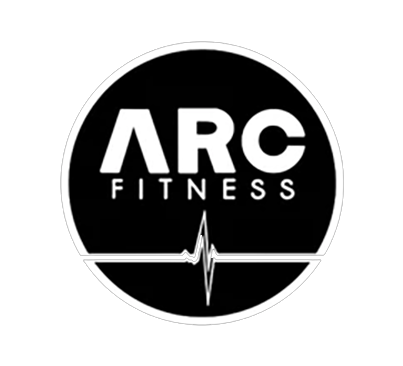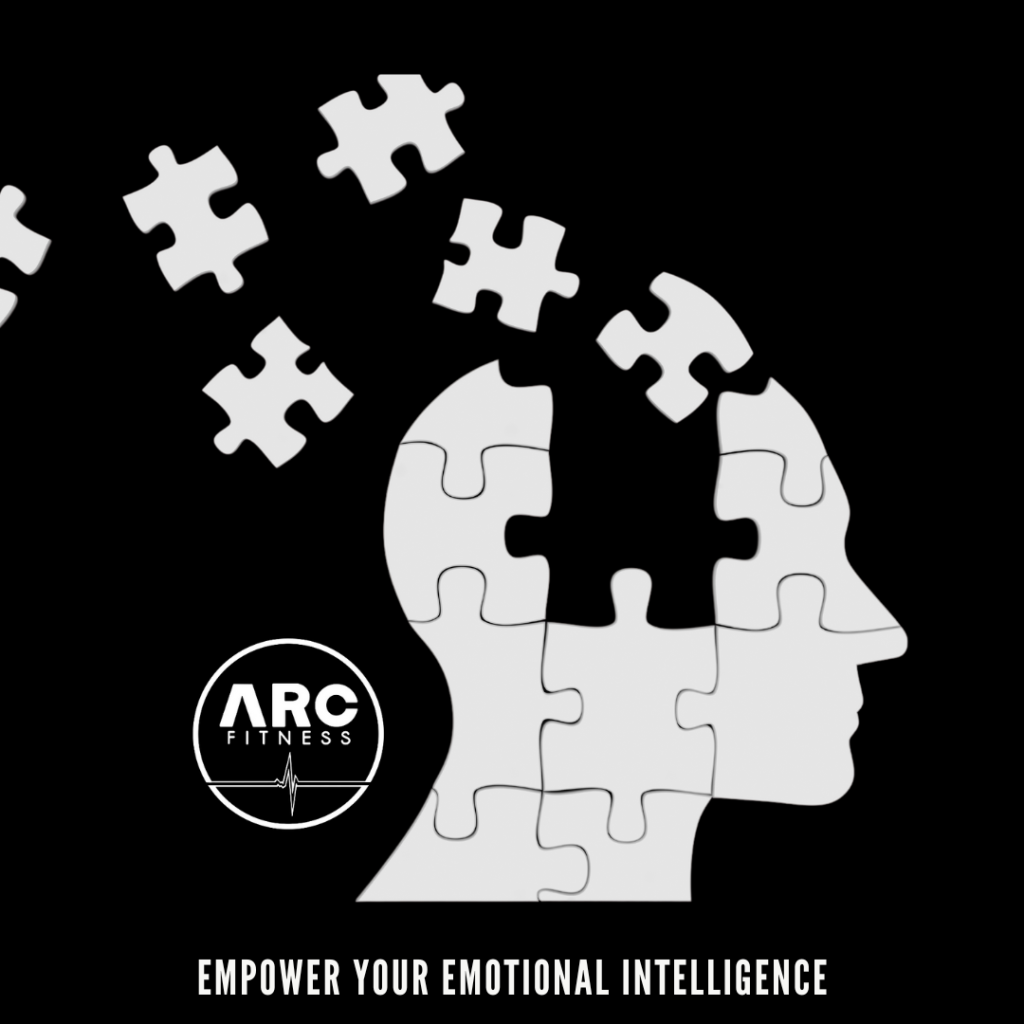No products in the basket.
Uncategorized
Train Your Brain to Handle Your Emotions Effectively
Train Your Brain to Handle Your Emotions Effectively
At ARC Fitness, we understand that addiction recovery is not just about overcoming physical dependence but also about managing your emotions effectively. Emotional regulation is a crucial skill for anyone in recovery, as it helps prevent relapse and promotes overall well-being. In this blog post, we will explore strategies to train your brain to handle your emotions more effectively.
1. Mindfulness Meditation
Mindfulness meditation is a powerful tool for emotional regulation. By focusing on the present moment without judgment, you can better understand your emotional responses and reduce stress.
How to Practice Mindfulness Meditation:
- Find a quiet space: Choose a quiet and comfortable place where you won’t be disturbed.
- Focus on Your breath. Close your eyes and take deep breaths. Focus on the sensation of your breath entering and leaving your body.
- Observe your thoughts: As thoughts and emotions arise, acknowledge them without judgment and let them pass like clouds in the sky.
- Practice regularly: Aim to practice mindfulness for at least 10–15 minutes daily.
2. Cognitive Behavioral Therapy (CBT) Techniques
CBT is a form of therapy that helps you identify and change negative thought patterns that contribute to emotional distress. By restructuring these thoughts, you can improve your emotional responses.
CBT Techniques to Try:
- Identify Negative Thoughts: Write down situations that trigger negative emotions and the thoughts associated with them.
- Challenge Your Thoughts: Question the validity of these thoughts. Are they based on facts or assumptions?
- Replace with Positive Thoughts: Replace negative thoughts with more balanced and positive ones.
3. Emotional Freedom Technique (EFT) Tapping
EFT tapping combines elements of acupuncture and psychological therapy to help manage emotions. By tapping on specific points on the body, you can reduce emotional intensity.
How to Perform EFT Tapping:
- Identify the Issue: Focus on a specific emotion or issue you want to address.
- Rate the Intensity: On a scale of 0 to 10, rate the intensity of the emotion.
- Tap on Points: Use your fingertips to tap on specific points such as the side of the hand, top of the head, eyebrows, under the eyes, and collarbone.
- Repeat Positive Affirmations: While tapping, repeat affirmations such as “Even though I feel this way, I deeply and completely accept myself.”
4. Regular Physical Exercise
Exercise is not only beneficial for your physical health but also for your emotional well-being. Physical activity releases endorphins, which are natural mood lifters.
Types of Exercise to Consider:
- Cardiovascular Exercise: Activities like running, swimming, or cycling can help reduce anxiety and depression.
- Strength Training: Lifting weights can boost confidence and reduce stress.
- Yoga: Combines physical movement with mindfulness, helping to reduce stress and improve emotional regulation.
5. Journaling
Writing down your thoughts and emotions can be a therapeutic way to manage your feelings. Journaling helps you process emotions and gain insights into your emotional patterns.
Tips for Effective Journaling:
- Set Aside Time Daily: Dedicate a few minutes each day to write about your emotions and experiences.
- Be Honest: Write freely without worrying about grammar or spelling. Focus on expressing your true feelings.
- Reflect on Entries: Periodically review your journal entries to identify patterns and progress.
6. Seek Support
Connecting with others who understand your journey can provide emotional support and validation. Whether through support groups, therapy, or friends and family, having a support system is vital.
Ways to seek support:
- Join a support group: Participate in groups like AA or NA to share experiences and gain insights.
- Therapy: Work with a therapist who specializes in addiction recovery and emotional regulation.
- Reach Out to Loved Ones: Share your feelings with trusted friends or family members.
Conclusion
Training your brain to handle your emotions effectively is an ongoing process that requires patience and practice. At ARC Fitness, we are here to support you every step of the way. By incorporating these strategies into your recovery journey, you can build emotional resilience and enhance your overall well-being. Remember, you are not alone, and with the right tools and support, you can thrive in your recovery.
For more information on our addiction recovery coaching services, visit ARC Fitness. www.arciftness.uk

